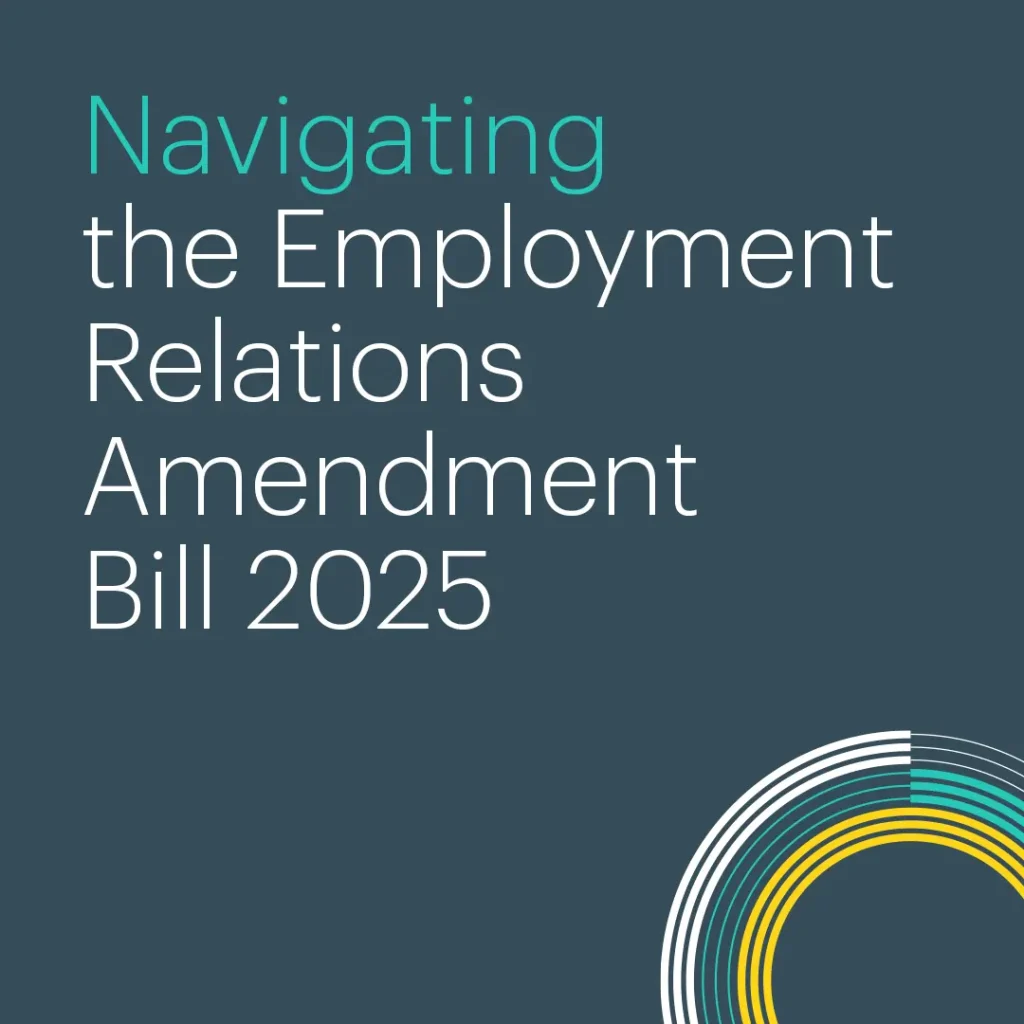Working from home – and the extent and ways it might be addressed in employment policies – has become a discussion point recently due to the Coalition Government’s position that working from home is not an entitlement.
Senior Associate Raymond Wheeler outlines what employers and employees should be aware of.
The Coalition Government’s position on public sector employees working from home has created considerable conversations, with some agreeing that working in offices increases productivity, promotes collaboration, is better for employees’ mental health, and can help create a vibrant culture within an organisation. There has also been added commentary relating to increased foot traffic around offices bolstering retail and hospitality businesses.
Others in the conversation have said there is no evidence there are productivity increases while working in the office. Mention has been made, too, of additional costs for employees related to parking, fuel and transport costs, and additional childcare costs. There is also potential loss of productivity while waiting in infrastructure congestion due to the increase of people moving around, and concern that the public transport system is viewed as unreliable.
So, how do employers and employees navigate differing views around working from home, and what does the law say?
For Employers
An employer and employee should have a fully signed, clear employment agreement that details the location/s where work will be performed.
Employers should take the opportunity to review their employment agreements and policies to make sure there has been no variation to a location of work – or, if it has changed, that this change has been agreed to.
At this time, employers may want to think about: would WFH (flexible working arrangements) provide the benefits and outcomes the business requires to meet its values and goals?
For Employees
Employees should be aware that there’s no statutory right to work from home. If the wording in their employment agreement clearly states a location of work, there is an obligation that the employee complies with the agreed terms and conditions of the employment agreement. Any change to their employment agreements must be mutually agreed, confirmed, and recorded in writing.
What Does The Law Say Around Working From Home?
Employees do have a statutory right to request a variation of their working under Part 6AA Flexible Working of the Employment Relations Act 2000. Employers must respond no later than one month, and an employer may refuse a request only if it cannot be accommodated on certain grounds.
Due to the extent of current publicity surrounding this topic, employers should be aware that they may experience an uptake of requests to vary their employment agreements.
If you would like support to ensure your employment policies are being complied with, or to manage any employment relationship matters that may arise around working from home, please get in touch.









